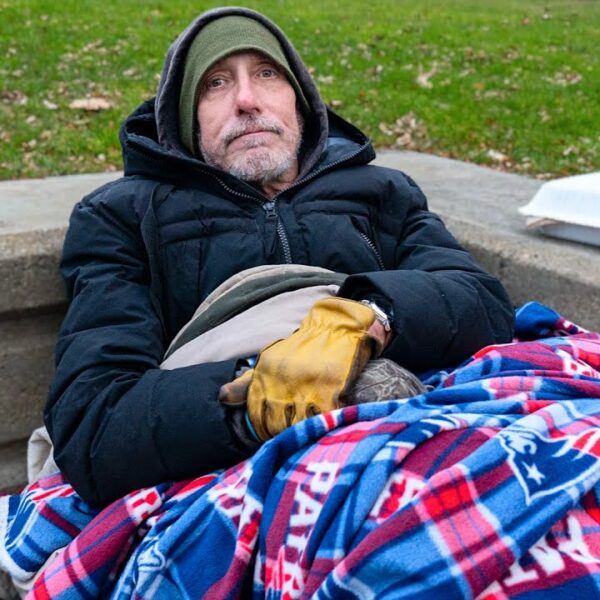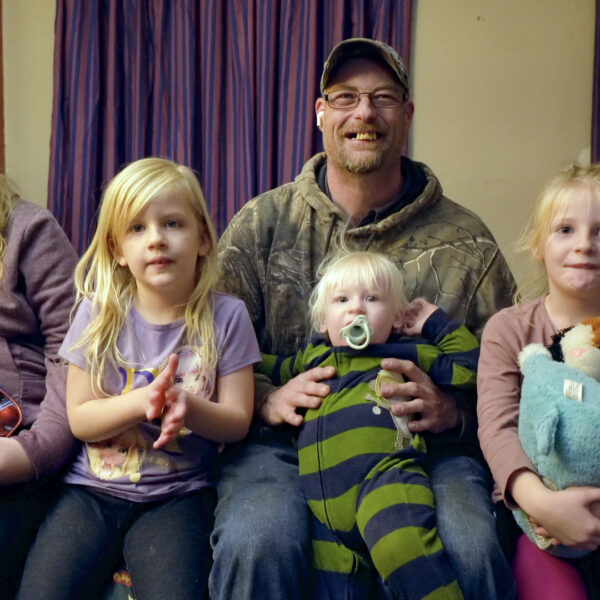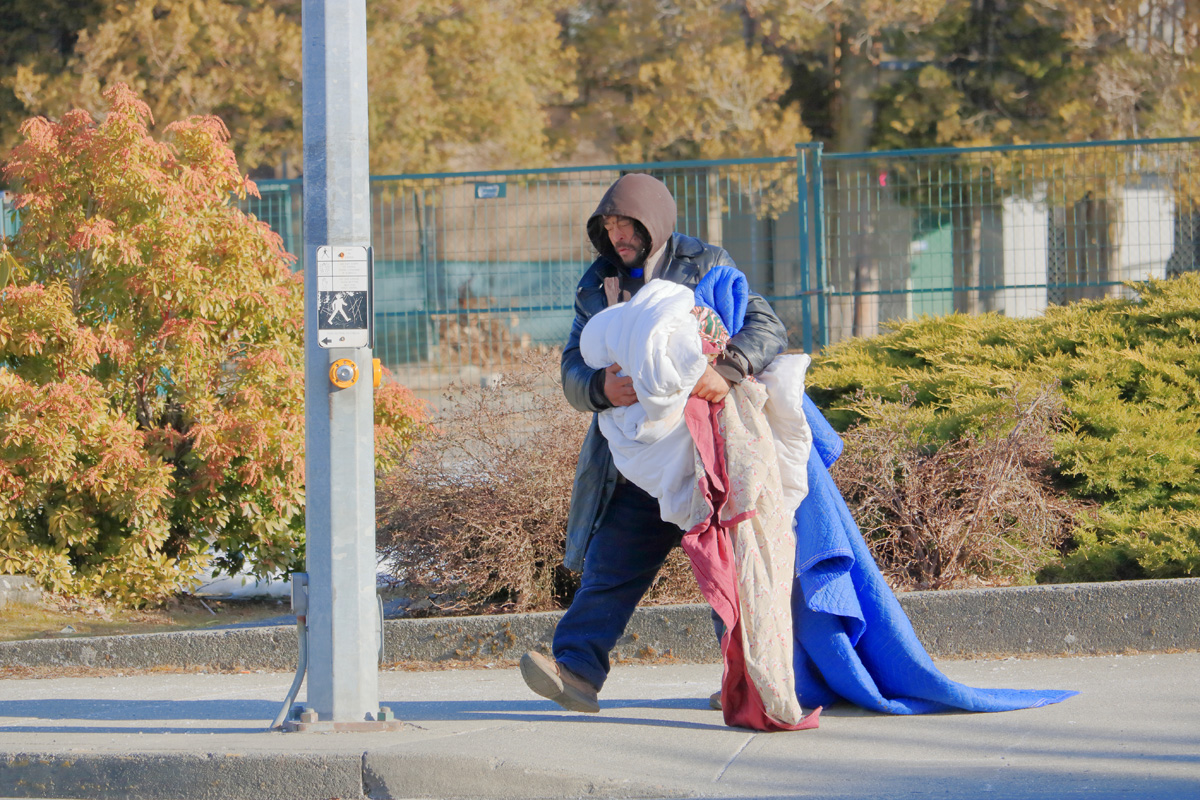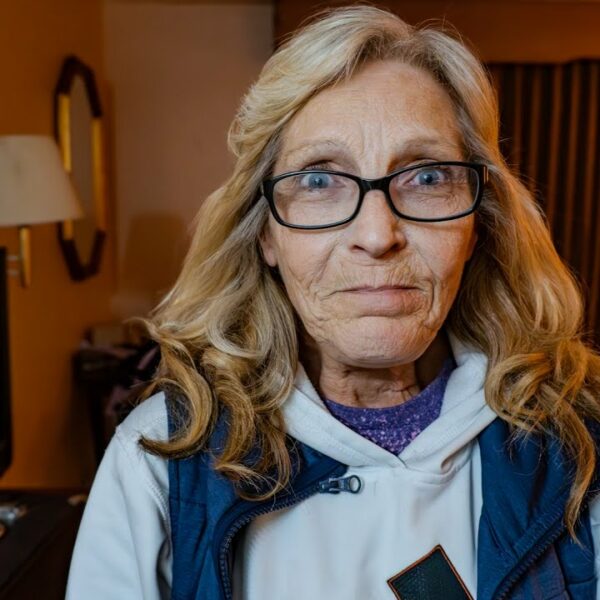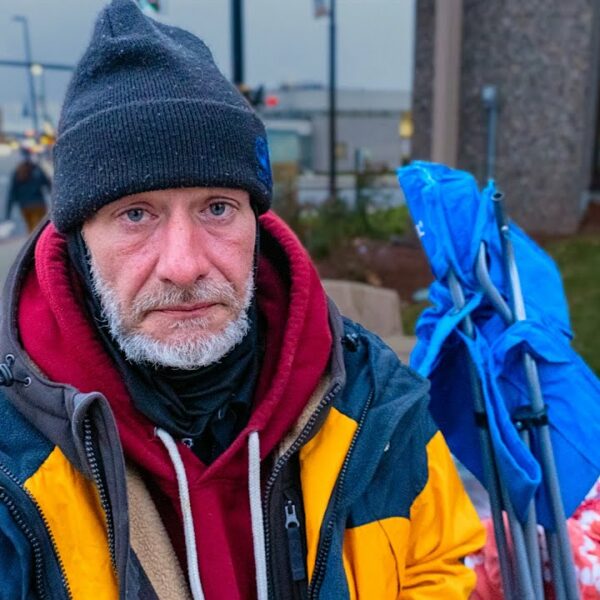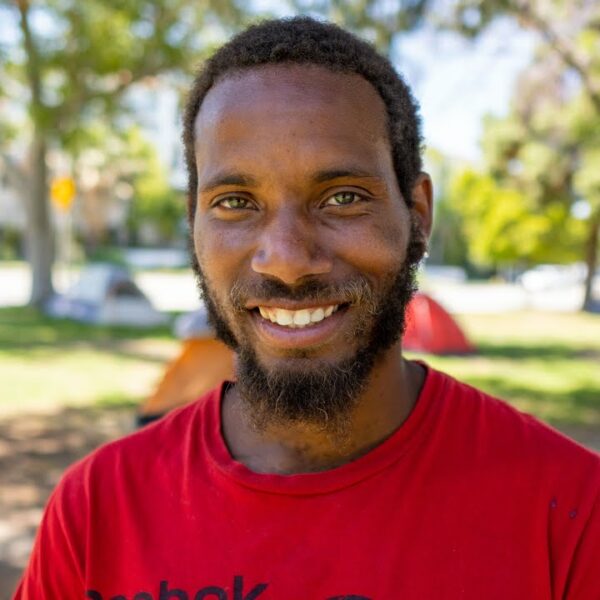On September 23rd, Canada’s Throne Speech included a historic commitment to eliminating chronic homelessness.
Tim Richter, The Canadian Alliance to End Homelessness’s (CAEH) President and CEO, said, “This is an ambitious yet affordable and achievable goal that will save lives, create jobs, reduce costs, and protect our most vulnerable neighbours.”
Her Excellency the Right Honourable Julie Payette, Governor General of Canada, said, “Strong communities are places where everyone has a safe, affordable home. No one should be without a place to stay during a pandemic, or for that matter, a Canadian winter.”
With the right targeted investments, the idea is to set Canada on the correct path for ending all homelessness in the coming months and years. The commitment follows an announcement from September 21st of a $1 billion Rapid Housing Initiative and the $237 million expansion of the Reaching Home strategy to offer urgent housing and support to help the many homeless people due to COVID-19.
The Reaching Home Homelessness strategy is a community-based program designed to prevent and reduce homelessness in Canada. It provides funding to urban, indigenous, rural and remote communities to address their local homelessness requirements.
But can we expect Canada to eliminate chronic homelessness for good?
The Commitments from the Throne Speech
There were various commitments mentioned in the Throne Speech that relate to homelessness. These include:
- The Disability Guaranteed Income Supplement
- Affordable housing commitment for Indigenous People
- Tackling systemic racism
- Focusing on women’s safety through shelters
- Creating a transitional housing and a gender-based violence action plan
- Extra measures to address the opioid crisis
- Mental health support
While these commitments are more than necessary alone, together these changes will significantly help eliminate homelessness in Canada.
In Canada, certain groups are over-represented in homelessness. These groups include women, First Nation, Métis, Inuit and Indigenous People, and People of Color. As these groups are more vulnerable, commitments that improve the lives of these groups are essential.
As such, the CAEH supports the government’s commitment to specialized mental health and wellness for Indigenous People and legislation to implement the United Nations Rights of Indigenous People before the end of the year.
Another critical part of the Throne Speech was the commitment to addressing the systemic inequities in all criminal justice system areas.
These inequalities in the criminal justice system contribute to creating and perpetuating homelessness in radicalized and vulnerable groups.
Likewise, measures to help the opioid epidemic are essential. And, of course, resources to support mental health can also help those experiencing homelessness.
The commitments provided by the Throne Speech are reassuring. And the CAEH will push and encourage the government to make the required investments to fulfill them.
To help, the CAEH has come up with an affordable and achievable path to ending homelessness in the country through the Recovery for All campaign.
The CAEH has urged for measures to improve the Reaching Home strategy, for investment in new and affordable housing construction, and to ensure the right to housing legislation comes through.
This historic and notable Throne Speech marks an essential shift in federal leadership, which now seems to understand that homelessness is primarily the result of poor policy and a lack of investment in the issue.
The Throne Speech shows clear federal leadership, signaling a move from managing homelessness with robust investments and a strong focus and care on protecting vulnerable homeless people.
Finally, it seems that the government is acting to protect homeless Canadians and has thought out a plan to do so. Next, we must focus on ensuring that these commitments and promises are followed through. These commitments must ensure that nobody is left behind. Everyone in Canada must be safe with a roof over their head, especially in the face of a pandemic.
COVID-19 and Homelessness in Canada
COVID-19 has significantly affected Canadians struggling with low incomes in cramped and crowded conditions, with many losing their jobs.
In Toronto alone, more than 500 homeless people have died of coronavirus. As cases rise and the winter approaches, safe shelter is more essential than ever before. The government acted quickly to house homeless people when the pandemic hit, displaying rapid action that was previously unthinkable.
Municipal and provincial governments, health care providers, and public health and community agencies have made extraordinary and costly emergency efforts to stop the virus from spreading in homeless shelters and encampments.
Officials transformed empty hotel rooms into temporary housing for vulnerable homeless people. Facilities allowing vulnerable people to safely self-isolate have been turned around within weeks.
While COVID-19 has shown deep inequalities within our society, it’s also brought the nation together. In the face of a pandemic, homeless people have been looked after in a way like never before.
We Need to Provide More Than Just Housing
As demonstrated by the Throne Speech commitments, improved mental and physical health requires more than just a roof over a person’s head. To have a successful transition to the road to recovery, many homeless people need intensive supports. For example, those with severe mental health and substance use issues especially require exhaustive support.
For some groups, culturally appropriate services that include peer support, enable healing, and connect to mental health and addiction care are essential. Investment in such services not only contributes to a long-lasting reduction in chronic homelessness but offsets the costs from other services too.
Homelessness in Canada results from the predictable outcome of choices the government and citizens of Canada have collectively made. To completely end homelessness in the country, we must grow housing and support services. We must also address the problems that cause people to become homeless in the first place.
The federal government’s recent promise to invest in affordable housing for low-income Canadians is the right step in this direction.
The goal of ending homelessness in Canada must be more than merely taking people off the street and housing them. The aim must be to help people live full, healthy, and connected lives. When most of us are feeling disconnected during these trying times, this is more important than ever. We’ve all seen the Canadian government can act quickly. It redirected funding and created quick solutions on a vast scale when the urgency required.
Perhaps the pandemic has prompted the government to take meaningful action in ending homelessness in Canada. If the government sticks to its commitments as outlined in the Throne Speech, maybe we can end homelessness. How the country responds to homelessness over the upcoming months and years will provide a clear answer to the question.



